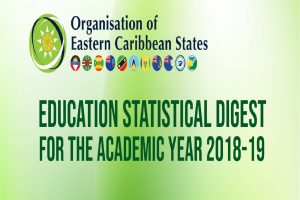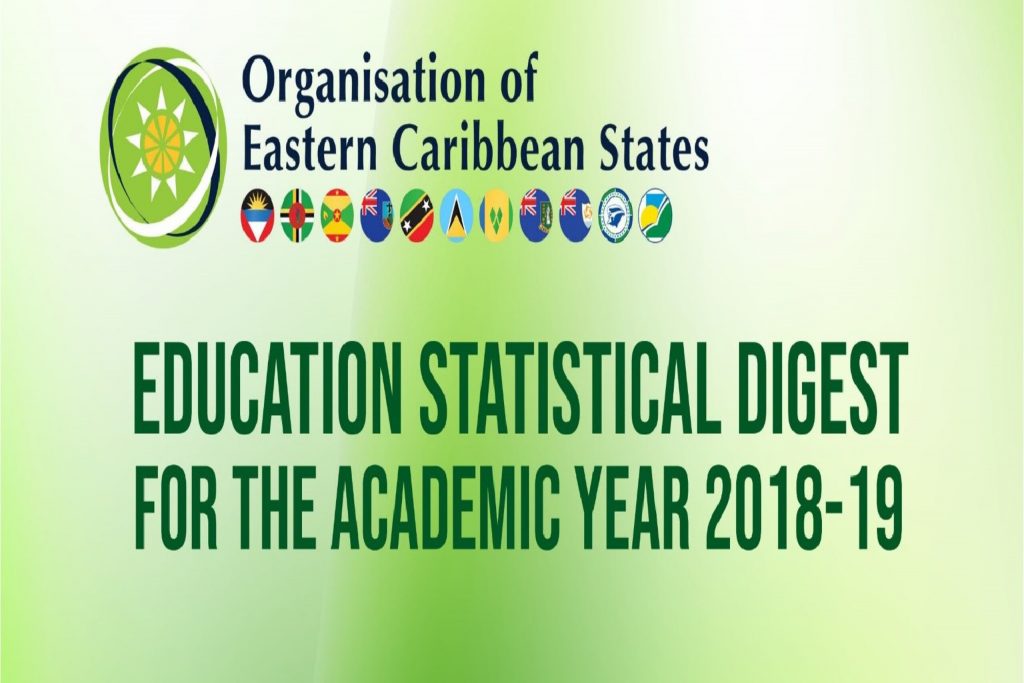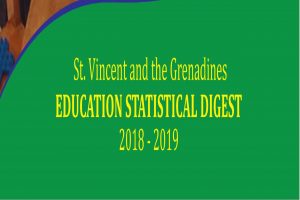Education Statistical Digest 2018- 2019

The concept of an Education Statistical Digest (ESD) for the OECS sub–region emanated out of the need for accurate and timely data and information from the national education systems of Member States. A well–informed, robust education system that meets the ever–evolving needs and challenges of the global environment pivots on quality data. The ESD has seen marked improvements over time as a result of the indefatigable efforts of the staff at the EDMU and the Statistical Services Unit (SSU) at the OECS Commission, supported by a team of very able and committed statisticians and education planners from the OECS states. The ESD is therefore a useful resource for tracking indicators that monitor and evaluate progress towards the attainment of targets and goals in the OECS Education Sector Strategy (OESS), the CARICOM Human Resource Development Strategy 2030 and the United Nation Sustainable Development Goals (SDG) 4 on equitable, quality education and life–long learning.
As with previous editions, this eighth edition of the ESD is the summary of data submitted by education institutions throughout the sub–region in response to the annual schools’questionnaire for the period 2018 – 2019. The questionnaire covers all levels of education from the Early Childhood to Tertiary level, and is managed by the respective Ministries of Education. Completed questionnaires were summarized by the Member State statisticians, and the EDMU.
The preliminary section of the Digest provides important background information on the general structure of education systems in the OECS region and a table that maps the SDG4 indicators to the OESS indicators and further to the specific table in the ESD 2018–19. Subsequent chapters detail the number of institutions, information on leaders and teachers, data on student enrolment, the internal efficiency of the systems, system outputs –
specifically examination results, and available information on education financing in the sub–region. Recently, the inclusion of historical data has enhanced the presentation by reflecting changes over time. The ESD therefore assists decision–makers in identifying and considering trends and realities in OECS national education systems that can be used to support robust sector analyses and education planning at multiple levels.
Education leaders and policy–makers, teachers, students, parents, and development partners will find herein a wealth of information that can assist in understanding education provision across the OECS.
We also encourage you to check out the previous versions of our Digest at the Unit’s landing page https://www.oecs.org/en/our–work/human–and–social/education on the OECS Commission’s website.






